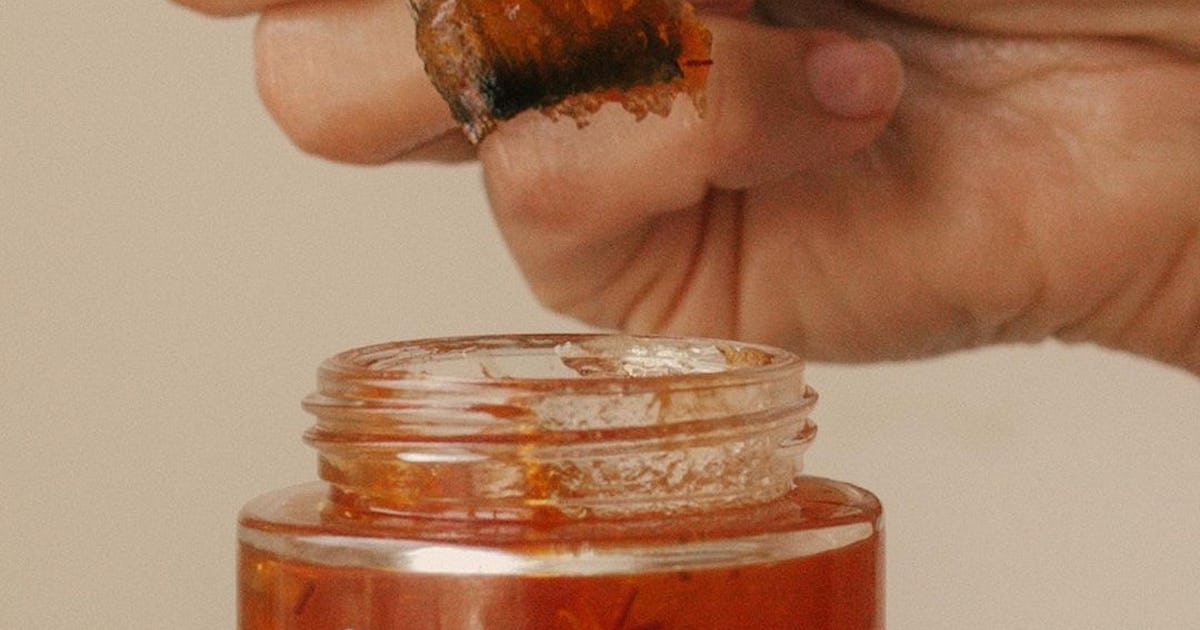Listening to nation new music was a no-no amongst my social set. Southside Chicago in the mid-1990s was dominated by hip-hop and the vestiges of grunge that peaked in the decade’s center. To maintain up, I listened to whatever was actively playing on pop, top 40, or city radio (which intended that I was able to share my enthusiasm for “California Love” by 2Pac, “Tha Crossroads” by Bone Thugs-N-Harmony, and “C’mon N’ Journey It (The Educate)” by Quad Metropolis DJ’s). If somebody confessed adore of country songs, they’d suitably be shamed as an outsider.
State audio was noticed as whiny hick music about pickup trucks, lifeless canines, and the South. At dwelling, while, in the privateness of my bed room, I would place on my headphones and pop Dolly Parton, Tammy Wynette, or Loretta Lynn in my Discman and pay attention to those sterling, amazing, and stunning gals sing music about heartache, childhood, poverty, and feminism. One of my major musical heroes was Patsy Cline (a like affair I inherited from my mother, who was obsessed with Patsy). I liked her large voice—an aggrieved growth that would blast out of my low cost $10 headphones.
Unsurprisingly, when I to start with read LeAnn Rimes’ address of Invoice Mack’s “Blue” (which was also the opening title observe from her 1996 debut LP), I considered that I was listening to the reincarnation of Patsy Cline. Introduced two days just after my 15th birthday, I initial listened to the tune on the radio and immediately experienced to cease what I was executing (which was almost certainly doodling in a journal). It was the form of track that knocks you on your ass at as soon as, contemporary and common, it was a bizarre hybrid of honky-tonk and place-pop (Patsy Cline’s forte). And then there was that voice. She starts off with the prolonged and winding in the vicinity of-yodel of “Blue / Oh, so lonesome for you.”
She stretches the phrase “blue”—normally just a transient just one-syllable word—into a ten-second aria. The monitor has a shuffling swing that sounded like it was recorded stay at some roadside bar by a woman undertaking in entrance of a band to a group of slow-dancing partners. What created the history even much more outstanding was that the heavy, experienced, and being aware of voice on it belonged to a 14-year-outdated child. Though LeAnn Rimes would record for the future 25 many years, nothing at all that came subsequent would crank out the identical kapow! as her first album.
Rimes’ achievements tale is feathered with the clichés of a gifted and precocious little one star. Born in Mississippi, she moved to Texas with her family members when she was a boy or girl, subsequently undertaking in regional exhibits and regional productions of musical theatre. Like many pop stars in the mid-1990s, the 8-yr-old Rimes aimed for childhood stardom on the proto-American Idol competition demonstrate Star Research. That nearly released other pop superstars like Justin Timberlake, Britney Spears, Christina Aguilera, and Destiny’s Child. On Star Search, a pint-sized Rimes appears in a social gathering dress as belts out a beguiling version of Marty Robbins’ 1961 strike, “Don’t Worry”.
Even at eight, she experienced mastered that languid, yearning eager that she would hire to wonderful impact on “Blue” (at one particular point, she hits a sweet be aware that earns spontaneous applause from the viewers). Her level of competition was a young male state singer named Levi Garrett. Admittedly, when Star Research host Ed McMahon interviews Garrett and Rimes following their performances, the present usually takes on the form of creepiness that transpires when little ones are positioned in an grownup ecosystem like present company.
Initially, Garrett delivers an inadvertently condescending compliment—he declares her the most effective “little girl singer—which McMahon then jokes is Garrett’s attempt to flirt with Rimes. Then, Rimes will take above the interview to chat about a duet she done with Garrett. She has all the hallmarks of an above-rehearsed and overworked little one performer who exudes cloying sweetness and calculated cuteness. It’s a massive juxtaposition from the all-natural and intuitive performer she was just a few times before (when she commanded the phase).
Fortunately, that cynical precociousness is missing from Rimes’ appealingly across-the-board state-pop debut document. While she recorded an indie file in 1994 (All That), Blue was her big-label introduction. It was launched on Suppress Records, which was home to region artists like the Osmonds, Rodney Atkins, the Judds, and Lee Greenwood—and it served as the appropriate way for the earth to be launched to these a dynamo.
The influence of the title keep track of, in unique, leans into the popular tale of a younger woman country singer hitting it major with a mature tune. Previously, we’d witnessed 12-year-outdated Brenda Lee strike it large with “Dynamite”, 13-yr-previous Tanya Tucker land with “Delta Dawn”, and a 14-12 months-aged Marie Osmond goes to variety one with “Paper Roses”. Similarly, Rimes’ 2nd version of “Blue” (immediately after 1st recording it for All That) was a large hit, peaking at #26 on the Billboard Incredibly hot 100 and #10 on the Billboard Region Chart. It even netted Rimes a 1996 Grammy for Very best Female Region Vocal Overall performance. (Equally, the album won Rimes a Grammy for Greatest New Artist.)
So, does the relaxation of Blue hold up as properly as its title monitor? Of system not, but it’s still a good record that displays numerous unique sides of Rimes (a deliberate way to market her to many radio formats). For illustration, in addition to the retro-sounding “Blue”, traditionalists also get the catchy “My Baby”, which is the kind of exciting, sassy, and growling mid-’90s neo-regular place song that was all the rage on nation radio. Due to the fact place music—particularly by female singers—is mainly about the bruising loss of appreciate, “I’ll Get Even with You” is a type of barroom, sluggish lumbering song, whilst “Cattle Call” characteristics some nifty yodeling from Rimes.
Even if neo-regular region was common in the mid-1990s, polished region-pop was dominant as nicely. While Blue celebrates the outdated-fashioned seems of Kitty Wells and Lynn Anderson, it also contains plenty of crossover substance to charm to listeners who may well not consider them selves nation new music followers. Never ignore that this was the era of the juggernaut Shania Twain, a singer who could greatest be explained as “country-adjacent”. And as demonstrated with Rimes’ later content, as snug as she was with the outdated-fashioned substance, she excelled with a shinier, glossier sound.
“One Way Ticket (Simply because I Can)” is a good instance of mid-1990s place-pop. It hits so numerous markers of the style that it dips into cliché, nonetheless Rimes performs it with brisk professionalism (again, at only 14 many years outdated). Simply because her best asset was her huge voice, a escalating and undulated pop ballad like “Actually” was the kind of indulgent showboating vehicle needed for any present-day pop document of the period. (It’s telling that even however she cited inspiration from anticipated individuals like Wynonna Judd or Reba McEntire, she also name-checked Barbra Streisand as an influence.)
When introduced in July of 1996, Blue climbed all the way to quantity a few on the Billboard album charts, advertising around 6 million copies. The achievement of Blue would lead to a very long and fruitful career of far more platinum and gold-selling records far more than 10 best ten country hits (4 of which hit the pop top 20) and over 30 million documents offered in Rimes’ occupation. Hence, the contemporary-confronted young kid of “Blue” grew up into a glamourous region-pop diva who flirted with distinctive genres and appears in her music (these kinds of as rock, R&B, and dance-pop). But, during her career, that resonant and resounding voice stays, letting Blue to endure as a present day traditional.














/https://specials-images.forbesimg.com/imageserve/61235e5748b51301fee3c8cd/0x0.jpg)



/https://specials-images.forbesimg.com/imageserve/604ad3acf728cc29468fec2e/0x0.jpg?cropX1=0&cropX2=846&cropY1=47&cropY2=523)
![See Inside the Amazing Homes of State Music’s Queens [Pics]](https://townsquare.media/site/204/files/2020/08/tim-mcgraw-faith-hill-mansion-california-pictures.jpg?w=1200&h=0&zc=1&s=0&a=t&q=89)










